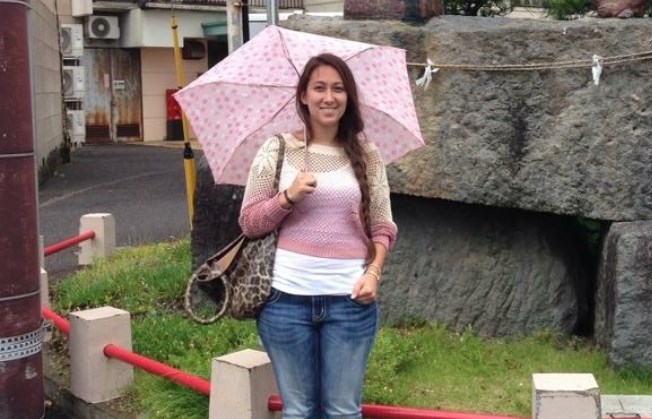Illinois State University graduate student Emily Blue ’15 talks about her experiences in the School of Social Work’s Master of Social Work (MSW) program:
What made you want to become a social worker?
I began working at Lincoln’s Challenge Academy (LCA) when I came back from a deployment to Haiti in 2010 and it has profoundly impacted me. At first, I thought the program was a “boot camp for bad kids.” But working closely with the at-risk teens in program made me recognize that the underlying problem is more society than those teens. Working with this group opened my eyes to a host of social problems that need to be addressed. Social work’s core value of social justice strongly appealed to my desire to become a social worker.
Are you currently working in a social work profession?
I am an assistant team leader (ATL) in the Cadre Department at LCA, which is somewhat like a drill sergeant. Because ATLs spend every second of the day with the cadets, we are their first line of defense. Cadets having problems often prefer to speak with their ATLs instead of the counselors on staff. An MSW will broaden my opportunities to work with diverse clients and will make me more credible as an advocate for social change.
“With an increasing aging population and a failing healthcare system, the need for compassionate and competent care for the elderly is urgent.”
What drew you to the MSW program at Illinois State?
I completed my undergraduate degree in the Department of Sociology and Anthropology, and I really enjoyed the program. However, I wanted something that would help me continue working with disadvantaged and underprivileged communities while addressing social problems and injustices. Since anthropology has many parallels with social work, I looked into Illinois State’s MSW program. After reading the program goals on the School of Social Work website, I decided to apply.
What do you feel you are gaining from the MSW program?
So far, I am most impressed with the integrative aspect of the program’s coursework. All my classes are carefully planned and designed to illuminate the interconnections between people and their environments. This holistic approach towards helping people solve problems is not present in many of our society’s institutions. That it is taught here is invaluable.
What are your plans for the future?
I recently changed my concentration from child and family to gerontology because I believe older adults are grossly disvalued and under-represented. With an increasing aging population and a failing healthcare system, the need for compassionate and competent care for the elderly is urgent. I would like to work to improve society’s perceptions towards aging and the elderly.
What would you tell students considering applying to the program?
If you are passionate about social justice issues and improving people’s quality of life, you should definitely apply to the program!

